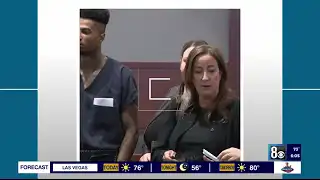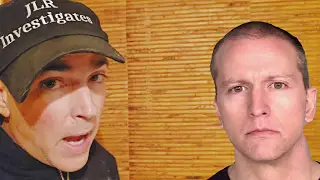Representative Marjorie Taylor Greene (R-Ga.) faced another swatting incident at her home on Monday, December 25th, marking the eighth time she has been targeted in such a manner. Swatting is a dangerous prank where false emergency calls are made to send police or SWAT teams to a specific address, often with the intent to cause harm or disruption.

Greene announced the incident through a post on X, formerly known as Twitter, stating, “I was just swatted. This is like the 8th time. On Christmas with my family here. My local police are the GREATEST and shouldn’t have to deal with this.”
Despite the inconvenience and potential danger, Greene expressed her appreciation for the local police and assured her followers that her family was in good spirits and enjoying their Christmas celebration.
The Rome Police Department in Georgia, where Greene resides, confirmed receiving multiple calls from crisis hotlines in both Rome, New York, and Rome, Georgia, requesting emergency services at Greene’s address.
“While en route to the address, personnel with the Rome (GA) Police Department coordinated with Greene’s security detail to ensure her safety as well as determine that there was in fact no emergency at the address,” stated a police department spokesperson.
This is not the first time Greene has been targeted by swatting. In August 2022, two separate incidents occurred within days of each other. The first involved a caller claiming a shooting at her home, while the second hinted at a potential family shooting. The caller in the initial incident later clarified through another call that their motive was related to Greene’s stance on transgender rights.
Analysis:
The repeated swatting of Marjorie Taylor Greene raises concerns about the safety of public figures and the misuse of emergency services. While Greene’s controversial views and outspoken nature may make her a more likely target, such incidents are never acceptable and can have serious consequences, including potential injury or even death.
The increasing prevalence of swatting highlights the need for stricter laws and enforcement against those who engage in this dangerous practice. Additionally, social media platforms and communication providers must take steps to identify and prevent the spread of false information and malicious calls.
Furthermore, Greene’s case underscores the importance of mental health awareness and addressing the root causes of online harassment and extremism. While differing viewpoints and political disagreements are inevitable in a democratic society, resorting to violence or intimidation tactics is never the answer.
In conclusion, the swatting incidents against Marjorie Taylor Greene serve as a stark reminder of the potential dangers of online harassment and the need for increased vigilance and proactive measures to protect individuals, both public figures and private citizens, from such malicious attacks.











Discussion about this post